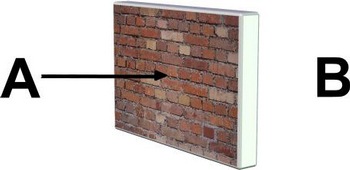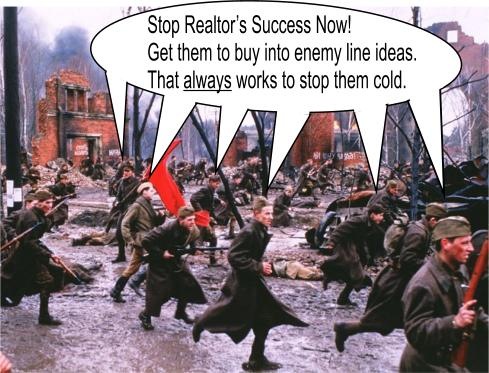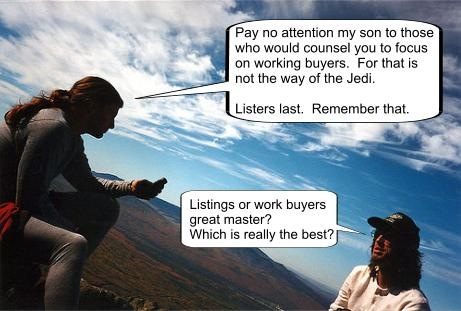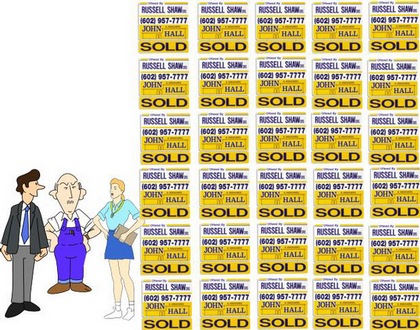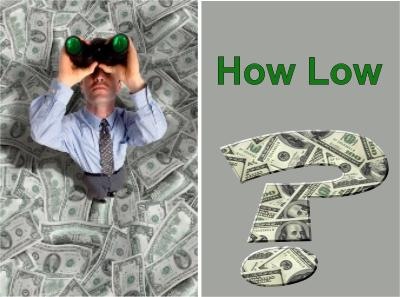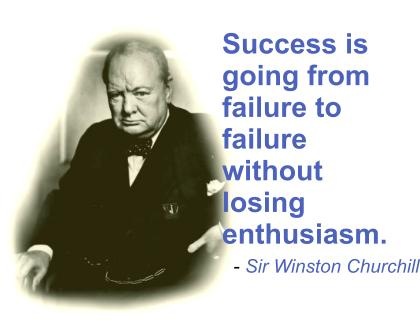Okay, this is really, Enemy Line, part 2. Part 1 was here. The reason for the delay: I was in Orlando for Starpower and this is the first chance I’ve had since I got back to town. This post was prompted by the various questions I received in the comments section of that first post. Please forgive me for this: most of those questions (I received some in person as well) were prompted by people reading the first post and then NOT actually doing what that post said to do. This would be sort of like reading about an exercise program and then wondering why you had not experienced any improvement – even though you fully understood what you had just read.
First, I will start with these three:
I want to know what to do with the list?
I’d love to hear how you overcome this enemy line?
I too am curious about your suggested methods to get beyond the enemy line: taping a note to your morning mirror that says “I shall overcome”?
What to do with the list? Keep it. The whole point is to get the ideas that you are carting around with you – that all seem so perfectly “logical” – that ARE the very ideas that are holding you back. You must write them out, one by one. If you have not done so already, please read again – right now – the original post. It is vital to get those ideas correctly labeled and to create some distance between you and the suppressive idea. Suppressive = not in agreement with you achieving your goal. Period. Any idea in conflict with your goals is “bad”. It makes no difference where it came from. You keep it so if any of those ideas ever come back, you can instantly recognize them for what they are: poison.
Questions 2 & 3. How do you overcome the enemy line? The answer is simple but at first will not seem very real. The answer won’t seem real to you because you are still the effect of the enemy lines that are functioning as your mooring lines. In most cases, these thoughts sit below your current level of awareness. I am not talking about your “subconscious mind” – these effective mooring lines are just now simply below the water line. Un-inspected. The ones holding you back are usually NOT the ones you became aware of when I first put your attention on this area (when you read the first post). Those enemy line ideas (all bad) you are already aware of. You didn’t have to dig – even a little bit – to find them. There are others sitting below those. Write the first ones out, then some more will follow. Then some more. These ideas now being unearthed and written on your list you had never been even thinking of as “enemy line”. But there they are and you have now spotted them as such. They were available to you all along, but only after getting the first ones out are they likely to be correctly evaluated for what they are.
I got this idea from a policy letter written by L. Ron Hubbard. Talking to organization staff members, he said,
“The only way you can be successful on a post or win at it is to be at cause over it.
A way to sort of audit a post (clear up any confusion or barriers) is to write down any and all points where one feels he is NOT at cause over his post.
Then to look at points one after another where one can be at cause.
One’s vision of this gets bigger and bigger.
And one comes to cause over his post.
Try it.”
So the answer to:
Could the enemy line be overcome by writing the how to overcome as part of the list?
is sure. But write out your enemy line list first. Get it all out. Any area where you feel at effect. As you go through this you will naturally start to see how you can be at cause over this and over that. That is the whole idea. But get that list written in full first.
To activate YOUR enemy line ideas just put your attention on some lofty goal (anything you have wanted to BE, DO or HAVE that you have not yet achieved. Those “wonderful” ideas that start to pop up as to why you can not really achieve those goals are your enemy line. Write them down. Not kept in your head. In writing, please.
Also from Hubbard:
STOPS ALL OCCUR BECAUSE OF FAILED PURPOSES.
BEHIND EVERY STOP THERE IS A FAILED PURPOSE.
__
Lets say you are currently at point A and your goal is arriving at B. Achieving your goal would be going from A to B. As you started to move in that direction “something” became a barrier. Ever since, anytime something or someone in the environment put your attention onto B (the goal) your attention would automatically go to (and fixate upon) the barrier. In other words, when you have tried to focus on the goal what you would see and create was the stop – the barrier. This is exactly what occurred with questions 2 & 3, above. The barrier seems so formidable that the question becomes, “how to overcome it”.
By taking your attention off of it.
Stop creating it. Put your attention back on what it is you wanted – your goals. Keep putting your attention back on your goals. As you do, the various old counter intentions will continue to pop up. Add them to the list and keep putting your attention on your goals.
From Mr. Hubbard and one of the most useful things I have ever learned:
THERE IS A LAW ABOUT THIS – ALL YOU HAVE TO DO TO RESTORE LIFE AND ACTION IS TO REKINDLE THE FAILED PURPOSE. THE STOPS WILL AT ONCE BLOW.


